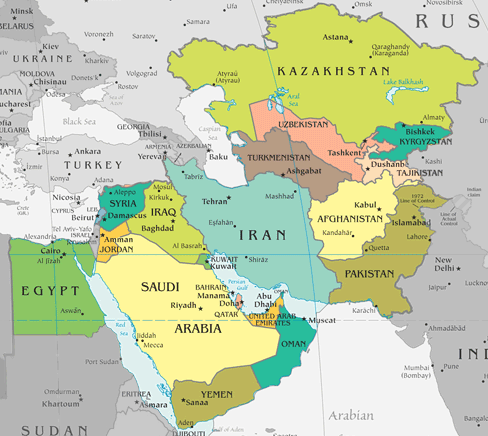WHILE THE force of nationalism doomed the French effort to reimpose colonialism (e.g. Algeria and Vietnam), people are willing to accept
by their own governments. Based on a decade of reporting for the Los Angeles Times, Megan Stack

has written a
jeremiad against oppressive male rulers, giving the reader vivid, sad tales from Iraq, Israel, Afghanistan, Lebanon, Libya, Egypt and Saudi Arabia.

"Every Man in This Village is a Liar" occasionally explores the
metaphysical meaning of life in language that reminds the reader of wine labels: “a bouquet of springtime with a tinge of zest.” When she stays focused on other people, her prose is arresting, and the reader shares her outrage at the everyday
and callousness of the ruling
in the Middle East.

Undoubtedly the book was
cathartic to write. Stack is a brave journalist who fought off lechers and thugs. Her narrative arc begins with subjugation, reaches a zenith of subjugation and ends with
. An editor might have suggested adding some glimmers of hope to this dark depiction of the human condition:
The Middle East goes crazy and we go along with it. . . . there would be no new Middle East because the old Middle East is still here, and where should it go? Only a country as
quixotic, as history-free, as America could come up with this notion: that you can make the old one go away.
In observing and reporting about how women—and men without
—are treated in Afghanistan and the greater Middle East, Stack admirably adheres to the tradition of the
professional journalist. She captures
vignettes of the human condition and lets the reader draw the larger
.
When she talks of her encounters with a prominent Afghan warlord, she shows how pervasive was the
and lack of core loyalties in Afghanistan when the
Taliban fled in 2002—on both sides. The
CIA supported one armed faction on a Monday and another on Tuesday; meanwhile, the warlords and tribal leaders alternately allied with and fought one another.